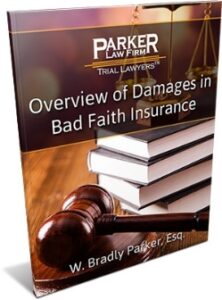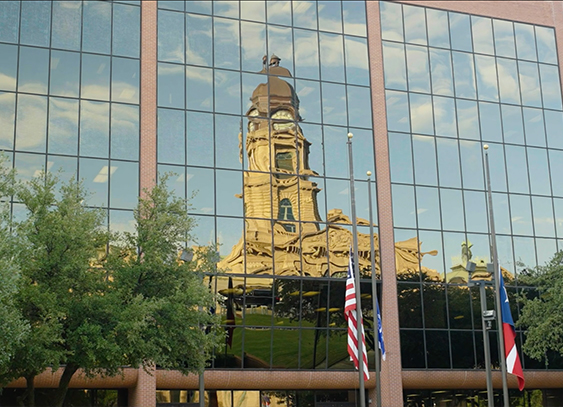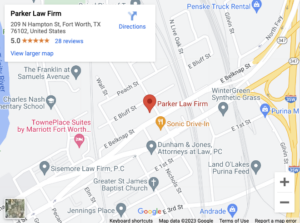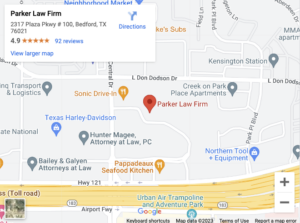Free Guide to Understanding Damages in Bad Faith Insurance Cases

You pay insurance premiums with the belief that if the worst happens and you have to make a claim, the money will be there to pay your damages. Whether it is a car insurance policy, a homeowner’s policy or a health insurance policy, when you buy a policy you enter into a contract with the insurance company expecting it to fulfill its obligation when necessary. When the insurance company does not honor the contract, it can be held liable. Request a download of this free information to learn about the following types of first-party insurance claims:
- Breach of contract. If the insurer does not do what the contract obligates him to do, you may have a breach of contract case.
- Bad faith. When an insurer denies a claim with no reasonable basis and is aware that there was no basis for the denial, he is acting in bad faith.
- 541 violation. Chapter 541 of the Texas Insurance Code lists nine acts that are considered to be deceptive or unfair practices. If your insurer has violated one of them, you may have a claim for damages.
- 542 violation. Texas Code Chapter 542 imposes deadlines on insurers in first-party insurance claims. A missed deadline could result in a 542 violation.
When an insurer commits one of these violations, the insured may be entitled to the following damages:
- Economic damages
- Punitive damages
- Mental anguish damages
- Exemplary damages
- Attorney fees
- Interest
To learn more about these damages and the process of holding insurance companies accountable for acting in bad faith, request a download of this informative brochure.


